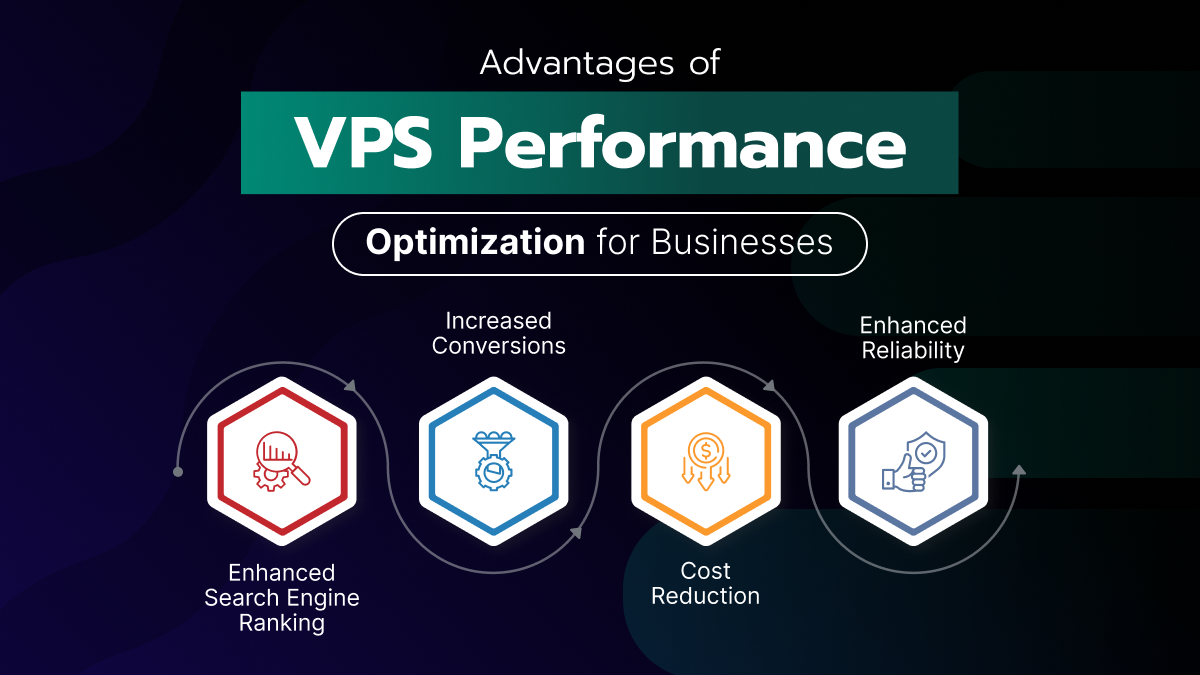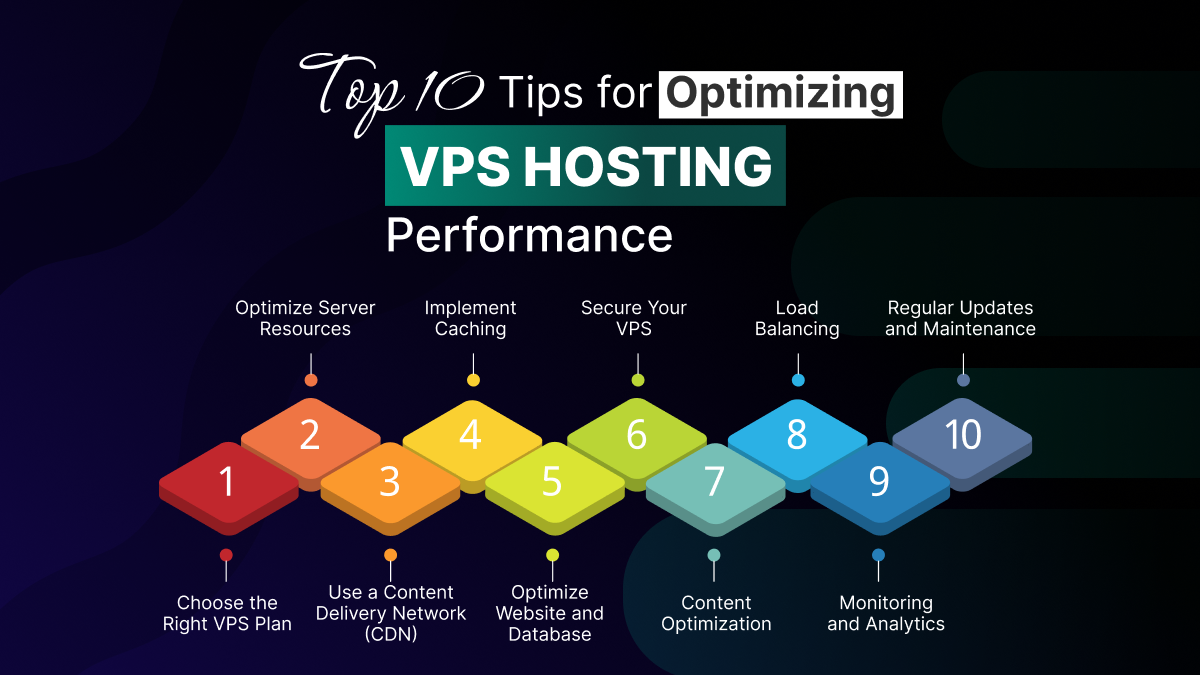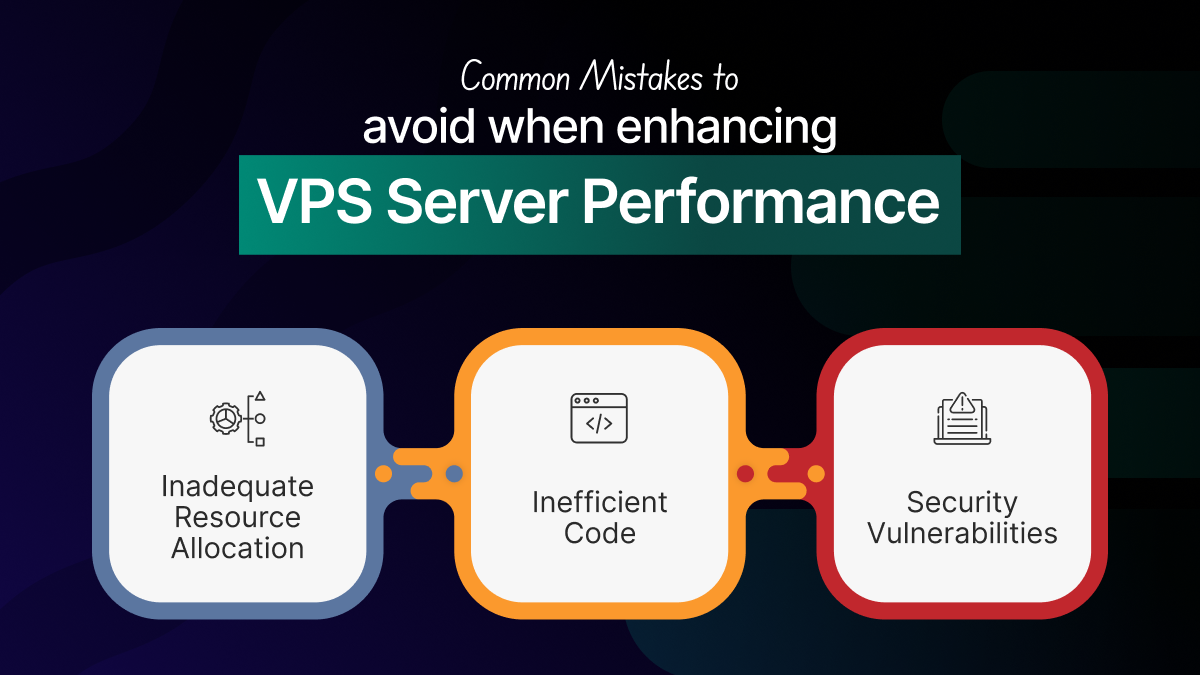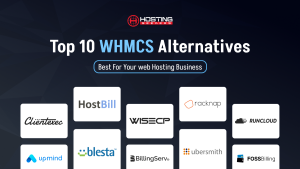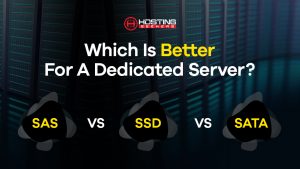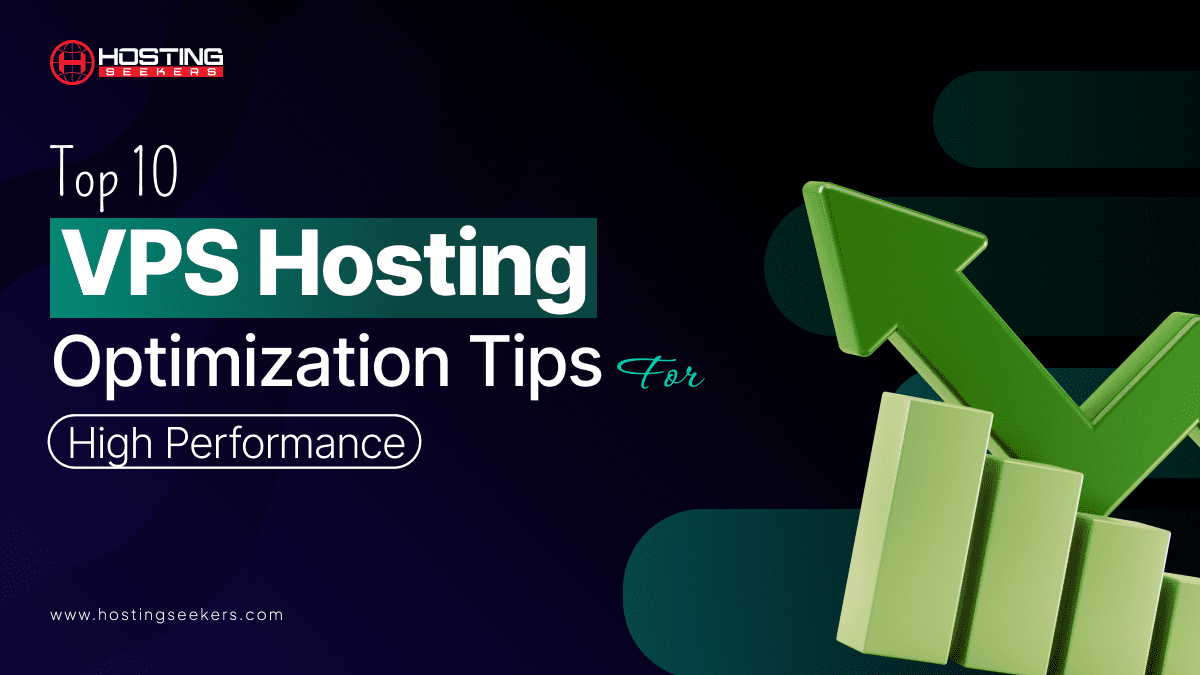
VPS Hosting Performance Optimization: Tips and Techniques
VPS October 13th 2023Table of Content
As your website grows or changes, it also impacts your hosting server information. Your hosting server is a vital function in your website’s growth. Even if your VPS hosting appears to be running fine, it is time to take a more in-depth study of how you may enhance the overall performance of your VPS.
You may face challenges where the overall performance of the VPS can face trouble. But did you know that there are techniques through which you can better the performance of your VPS hosting with VPS optimization? In this blog, you will learn tips and techniques for optimizing your VPS.
Understanding the Basics of VPS Hosting
VPS hosting is about dividing a physical server into multiple virtual compartments. These “virtual” servers operate in isolation, ensuring dedicated resources like CPU, RAM, and storage. This offers superior stability and performance compared to its counterpart – shared hosting.
The flexibility of VPS hosting enables you to scale your resources down or up as needed, making it ideal for businesses of all sizes. No matter if you’re operating a personal blog, a full-scale eCommerce platform, or a multifaceted web application, VPS hosting for eCommerce websites and others can be adjusted to your unique specifications.
Why Optimize VPS Hosting Performance?
VPS optimization in virtual private server (VPS) hosting is not just a technical task; it has a profound impact on the user experience and can bring many benefits to businesses. Understanding the importance of VPS Customization is important for performance and recognizing common bottlenecks is critical to ensuring your VPS runs seamlessly.
The Impact of Performance on User Experience
Frustration-Free Browsing: Slow-loading sites can increase the bounce rates of users. Visitors who encounter errors or delays in loading sites will likely become frustrated and may leave your website. This can result in high bounce rates, meaning visitors leave the site.
Improved User Satisfaction: Conversely, a well-optimized VPS hosting environment ensures a smooth user experience. Fast-loading pages, consistent performance and minimal downtime contribute to higher user satisfaction.
Benefits of Performance VPS Optimization for Businesses
Enhanced Search Engine Ranking
Giant Search engines like Google consider website speed and performance as ranking factors. When your website is optimized, it’s more likely to rank higher in search results. This means your website can gain more organic traffic and visibility for your business.
Increased conversions
A faster and more reliable website converts visitors into clients more effectively. Users are more likely to make purchases or engage with your content when they don’t encounter frustrating errors or delays.
Cost Reduction
Performance optimization can ensure you make the most of your existing resources. It makes sure that your VPS hosting operates efficiently, reducing the need for unnecessary hardware upgrades or resource allocation. This, in turn, can save on operating costs.
Enhanced Reliability
Best VPS Server strengthens your website’s reliability by addressing common obstacles and bottlenecks. Reducing the chances of delays and downtime ensures that your site is accessible to users 24/7. This reliability is crucial for maintaining a positive online presence and avoiding potential revenue loss due to downtime.
Top 10 Tips for VPS Hosting Performance Optimization
Tip 1: Choose the Right VPS Plan
Selecting the right VPS hosting plan is vey important. Before starting with VPS optimization, evaluate your resource requirements; begin by assessing your website’s needs in terms of RAM, CPU, and storage. Understand your growth expectations and traffic patterns.
Select a plan with sufficient resources that provides the right balance of CPU power, storage, and RAM capacity to accommodate your website’s demands comfortably. Consider scalability options. Opt for a VPS offer that allows you to quickly scale your resources up or down as your needs change, ensuring you can adapt to future growth or traffic spikes.
Tip 2: Optimize Server Resources
Server management is very crucial in terms of performance. Regularly check resource usage and monitor CPU, RAM and disk usage. This helps to identify potential bottlenecks. Also, use monitoring tools to pinpoint processes consuming excessive CPU or RAM. Adjust their resource allocations or optimize them. In addition, adjust the resource allocation, allocate more resources to critical processes and limit non-essential ones. Balancing resource allocation is essential for optimal performance.
Tip 3: Use a Content Delivery Network (CDN)
A content delivery network spreads your website’s content to a server located in various landscapes, decreasing the latency and thus improving load times. You can reduce server load and latency by offloading tasks like delivering images and scripts to the CDN server; your VPS experiences less strain, leading to faster response times. CDNs offer optimized content delivery and DDoS protection, contributing to a quicker and more reliable website user experience.
Tip 4: Implement Caching
Implement caching mechanisms like Redis or Memcaches to store frequently accessed data in memory. This reduces the need to repeatedly fetch data from disk, significantly speeding up your response time.
Also, configure your web server to instruct browsers to cache static assets like stylesheets, images, and JavaScript. This minimizes the need for repeated downloads when users revisit your site.
Tip 5: Optimize Website and Database
To optimize images and code, compress and streamline code to reduce file sizes, improve page load times and reduce server load. Properly index database tables to speed up query execution. This prevents the database from scanning entire tables to find the required data.
Also, consider upgrading the database engine; if your website’s database demands are high, consider switching to a faster database engine like MariaDB or Postgre SQL for improved performance.
Tip 6: Secure Your VPS
Safeguarding your website starts with grasping the key VPS security best practices. Use Firewall tools like UFW (Uncomplicated Firewall) or iptables to control network traffic and protect your VPS from unwanted access. Regularly updating and patching software as it helps to keep your server’s applications and software up to date is crucial for security. Vulnerabilities in outdated software can be exploited.
Tip 7: Content Optimization
Content optimization is another vital tip for high-performance VPS optimization. Utilize image compression tools to reduce file sizes while maintaining quality. Minimize the size of scripts and stylesheets to decrease page load times.
Minimize HTTP requests: decrease the number of external resources (JavaScript, CSS, and fonts) and HTTP requests to speed up page rendering. Also, you can implement technologies like HTTP/2 for efficient multiplexing and quicker data transfer.
Tip 8: Load Balancing
Load balancers distribute incoming traffic across multiple VPS instances, preventing overloading and ensuring high availability. Also, load balancing improves fault tolerance and reliability by diverting traffic away from failed servers.
Tip 9: Monitoring and Analytics
VPS high-performance tips also include Analytics and monitoring. It would help to employ tools like iostat and Top to monitor CPU, RAM, disk usage and network activity. Set up alerts for resource thresholds and configure alerts to be notified when resources exceed predefined thresholds, allowing you to take proactive measures. Analyze traffic patterns and user behavior. Analyze analytics data to understand your users, optimize content and identify performance obstacles.
Tip 10: Regular Updates and Maintenance
Regularly update your server’s operating system and install software to patch security vulnerabilities and improve performance. Perform routine backups to safeguard your data in case of data loss or corruption; backups ensure data recovery. Also, you can continuously assess and refine your optimization strategies depending on changing needs and new technologies.
Errors You Shouldn’t Make When Elevating VPS Server Performance
- Inadequate Resource Allocation: More resources like CPU, RAM or bandwidth can lead to better performance. Properly allocating resources depending on your website’s requirements is vital for optimal performance.
- Inefficient Code: Poorly optimized code can slow down your website. This incorporates database queries, unoptimized images and excessive use of Javascript; cleaning up and optimizing your code is a critical step in improving performance.
- Security Vulnerabilities: Security issues can lead to performance problems. Attacks like DDoS (Distributed Denial of Service) can overload your VPS and cause downtime. Regular security audits and updates are vital to mitigate these risks.
Conclusion
These were the tips and techniques of VPS optimization. VPS acts as a catalyst for businesses seeking performance and control without any hefty prices. Through the plethora of appropriate resources, tools, software and practices, VPS hosting performance optimization can help you to stay ahead in the competitive edge.
Looking for VPS providers for boosting high performance, HostingSeekers has listed the top VPS hosting providers through which you can select the best VPS provider per your business needs.
Frequently Asked Questions
Q1. How can I optimize my website and database for better VPS hosting performance?
Ans. Optimize images and assets by compressing them, clean up and optimize your database by removing unnecessary data, and reduce the number of HTTP requests by minimizing external scripts and combining CSS and JavaScript files.
Q2. What is the role of content delivery networks (CDNs) in VPS hosting optimization?
Ans. CDNs distribute website content to multiple global servers, reducing latency and speeding up page loading times for users worldwide. Integrating a CDN with VPS hosting can significantly enhance website performance.
Q3. How can I optimize my website and database for better VPS hosting performance?
Ans. Optimize images and assets by compressing them, clean up and optimize your database by removing unnecessary data, and reduce the number of HTTP requests by minimizing external scripts and combining CSS and JavaScript files.
Q4. What are the benefits of optimizing VPS hosting for businesses?
Ans. Optimizing VPS hosting can lead to improved search engine rankings, higher conversion rates, reduced operational costs, and increased revenue. It also enhances website reliability and uptime, which is critical for online businesses.
Q5. What types of caching should I implement for VPS hosting optimization?
Ans. Consider implementing object caching to speed up dynamic content and page caching to store full-page versions. Utilize caching plugins or modules specific to your content management system. Regularly monitor and clear the cache when necessary.
Trending Posts
-
10 Best WHMCS Alternatives For 2024 [Tested and Reviewed]
Table of Contents Introduction What is WHMCS? What is the Cost o...
-
SSD vs SAS vs SATA: Which Is Better For A Dedicated Server?
Summary: SSD vs SAS vs SATA drives in detail to determine which of these t...
-
Dell vs HP vs Lenovo- Which Is The Best Gaming Beast?
In our today’s blog, we will discuss Dell vs HP vs Lenovo to help you choos...
